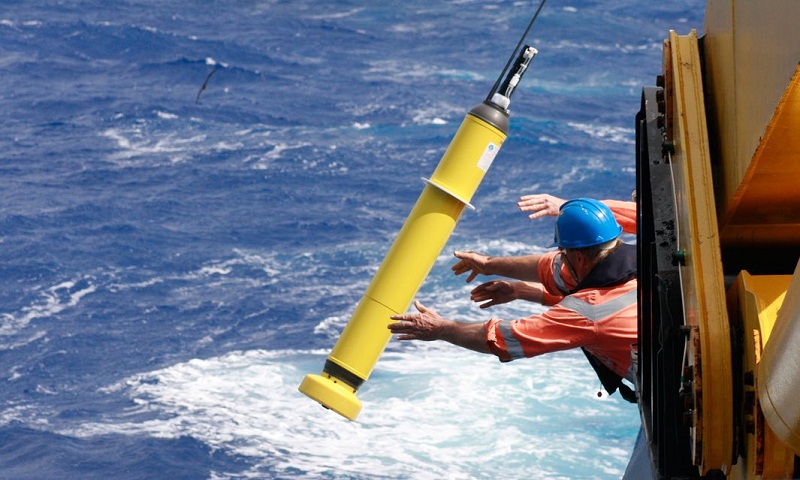Earth’s oceans are warming 13% faster than thought, and accelerating

Our new study improves estimates of the rate of ocean warming – a critical component of climate change. New research has convincingly quantified how much the Earth has warmed over the past 56 years. Human activities utilize fossil fuels for many beneficial purposes but have an undesirable side effect of adding carbon dioxide to the atmosphere at ever-increasing rates. That increase – of over 40%, with most since 1980 – traps heat in the Earth’s system, warming the entire planet. But how fast is the Earth warming and how much will it warm in the future? Those are the critical questions we need to answer if we are going to make smart decisions on how to handle this issue. At any time the direct effect of this blanket is small, but the accumulated effects are huge and have consequences for our weather and climate. Over 90% of the extra heat ends up in the ocean and hence perhaps the most important measurements of global warming are made in the oceans. But measuring the ocean temperature is not straightforward. Since about 2005 a new type of sensing device has been deployed (the Argo float system). These floats (approximately 3500 in total at any time) are spread out across oceans where they autonomously rise and fall in the ocean waters, collecting temperature data to depths of 2000 meters. When they rise to the ocean surface, they send their data wirelessly to satellites for later analysis. Hence we can now map the ocean heat content quite well. But what about the past, when we mainly had measurements from expendable bathythermographs deployed mainly along major shipping routes and largely confined to the northern hemisphere? Putting data from these various sensors together has been a struggle and has been a major impediment to an accurate quantification of the ocean’s temperature history. Fortunately, a paper just published today in Science Advances uses a new strategy to improve upon our understanding of ocean heating to estimate the total global warming from 1960 to 2015. I was fortunate to co-author the study, which uses several innovative steps to make improvements.
Read more:

